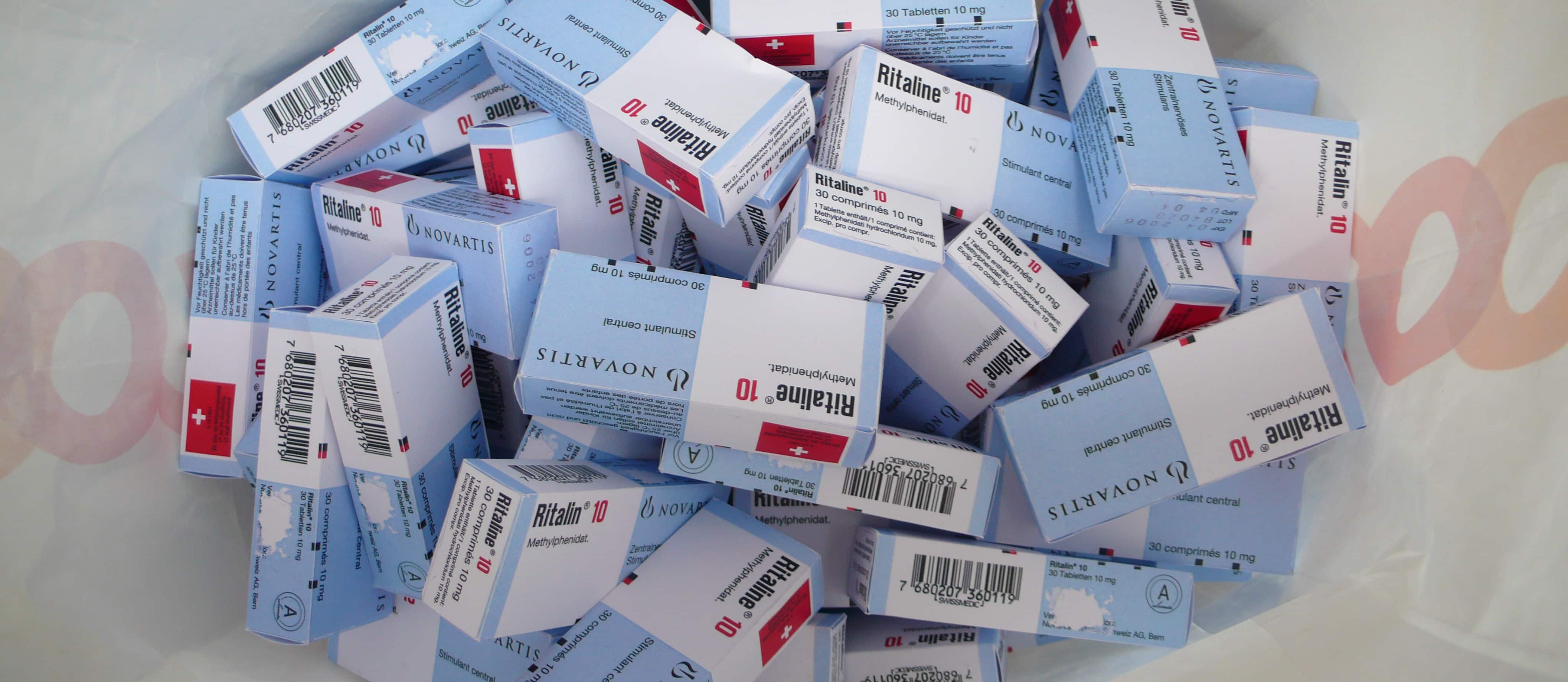Every year in the United States, doctors write 20 million prescriptions for stimulants like Ritalin for kids with attention deficit hyperactivity disorder. Every year the number of prescriptions rises, more so than any other drug class—another 800,000 added every year to that 20 million. That’s a lot of amphetamines for a lot of kids.
These drugs are thought to act by increasing dopamine and norepinephrine levels in the brain. Guess what else can increase dopamine and norepinephrine levels? Exercise. And it happens within minutes of getting on a bike—dopamine and norepinephrine levels shoot up. Medications take an hour to work; physical activity works almost immediately. But does it work for ADHD? According to the latest review, outlined in my video Treating ADHD Without Stimulants, there isn’t a lot of research out there. But the current evidence suggests that both acute and chronic physical activity can mitigate ADHD symptoms.
So while medications and exercise “both work to more adequately regulate dopamine and norepinephrine levels in the brain,” some of the new long-acting formulations of drugs can work for up to 12 hours, whereas the therapeutic effect of exercise may last for only an hour or so. But the drugs produce unwanted side effects and have the potential for abuse. Exercise has been shown to be effective in controlling ADHD symptoms and has essentially no side effects. However, the authors of the review conclude, that’s not really the full story, as “it should be noted that a major difference in the two treatment modalities is that medications have a defined effect on ADHD symptoms alone, whereas exercise produces physical, mental, and emotional advantages that are far-reaching.”
Exercise can strengthen cancer defenses (Is It the Diet, the Exercise, or Both?), and lengthen one’s lifespan (What Women Should Eat to Live Longer). So exercise does have side effects, but they’re all good.
This reminds me of other safe, natural, side-effect-free solutions like tap water gargling to prevent the common cold (Can Gargling Prevent the Common Cold?) and drinking water to improve scholastic performance in kids (Does a Drink of Water Make Children Smarter?). The fact that they are cost-free is both an advantage (they’re free!) and disadvantage (no corporate budget is driving their promotion so we never hear about this kind of research). If only corporations could find a way to stuff exercise into a pill bottle for their stockholders…
-Michael Greger, M.D.
PS: If you haven’t yet, you can subscribe to my videos for free by clicking here and watch my full 2012 – 2015 presentations Uprooting the Leading Causes of Death, More than an Apple a Day, From Table to Able, and Food as Medicine.
